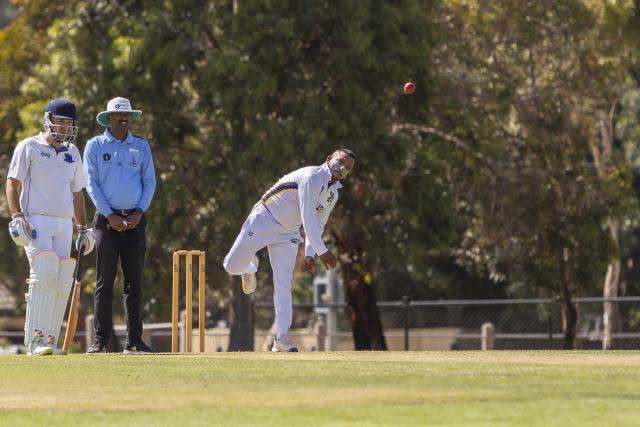A taxi driver whose accreditation was cancelled after the alleged sexual assault of a minor has won his appeal to have the decision overturned.
The driver, known only as MFR, was found guilty of sexually assaulting a 17-year-old passenger travelling from Broadmeadows to Bacchus Marsh in December 2002.
At the time, he denied touching her stomach and breasts but pleaded guilty before a magistrates’ court in 2004.
The court fined MFR $1500 but did not record a conviction and ordered him to undertake community service.
Following his court case, the Victorian Taxi Directorate suspended MFR’s driver certificate on January 7, 2004, and revoked it on February 24, 2004, determining “he was not a fit and proper person to hold such a certificate”.
MFR applied for a driver accreditation in 2007 (he was denied) and another in 2012, which was granted and was valid for only three years.
In 2014, the Taxi Services Commission received an application for an operator permit from MFR.
While assessing the operation permit application, it realised MFR’s offence had been wrongly classified as a category 2 offence instead of a category 1 criminal offence. The commission was required to cancel MFR’s accreditation under the Transport Act.
In March, this year, MFR wrote to the Victorian Civil and Administrative Tribunal (VCAT) outlining how he has changed since that time.
“[MFR]referred to his circumstances at the time of the offence and after as a nightmare, causing him mental, financial and family problems,” said VCAT member Anna Dea.
“He said he acted selfishly and that was unacceptable. He repeatedly referred to the events of 12 years ago as being the biggest lesson in his life.
He again said he could not understand how he had made such a silly mistake but that it has been the experience of a lifetime.”
Ms Dea said she was satisfied MFR was a “fit and proper person” considering his “unblemished” work history since 2004 and his experience as a taxi driver.
“I am satisfied that he will not place himself in a position where his conduct could be questioned,” she said.
“I accept the undisputed evidence that, during the two-year period when MFR was accredited, there were no complaints or concerns about his competence or his personal conduct.
“That is consistent with the fact that, for the preceding eight years, he had worked with a range of people, including young women, without incident.”
















